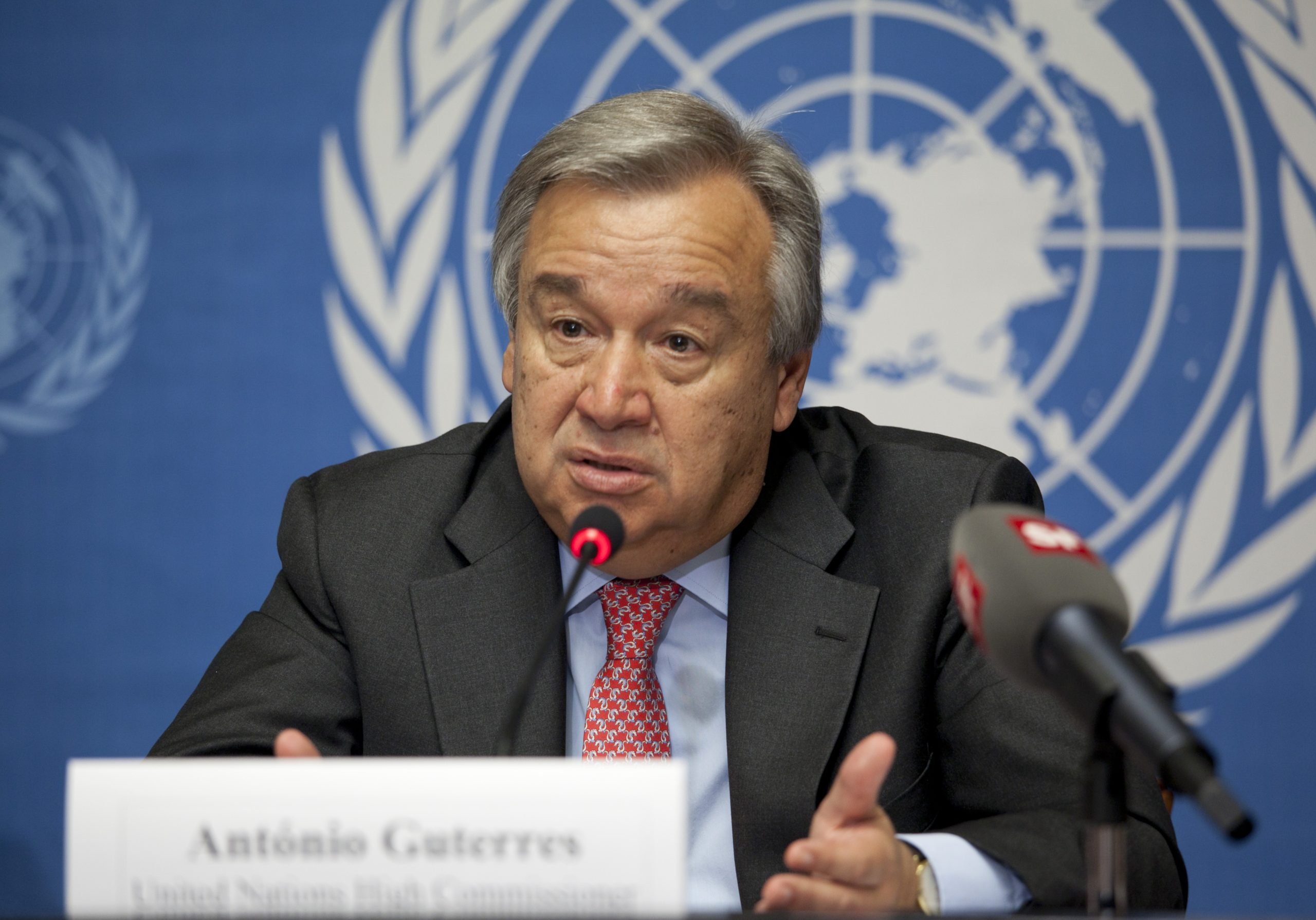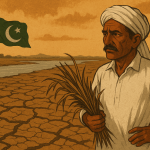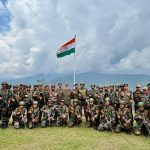United Nations Secretary-General António Guterres has issued a grave warning over the rapidly escalating tensions between India and Pakistan, declaring that the two nuclear-armed neighbors have reached a “boiling point” that could spiral into a full-scale military confrontation. Addressing a United Nations Security Council meeting on Monday, Guterres urged both countries to exercise maximum restraint and emphasized the urgent need for dialogue to avoid a conflict that could “spin out of control.”
The Secretary-General’s statement comes in the wake of several provocative developments that have deepened mistrust between the South Asian rivals. On May 3, Pakistan test-fired its Abdali ballistic missile—a surface-to-surface weapon with a range of 450 kilometers—claiming it was a routine exercise to test operational readiness and technological improvements. However, the test occurred just days after the April 22 terror attack in Pahalgam, Jammu and Kashmir, where 26 Hindu tourists were killed. India has blamed the attack on Pakistan-based militants, a charge Pakistan strongly denies.
The situation has further deteriorated with reports of “credible intelligence” received by India suggesting a possible strike by Pakistan within the next 36 hours, intensifying fears of military retaliation. The ongoing territorial dispute over Kashmir—an unresolved issue since both nations gained independence from British rule in 1947—continues to be the flashpoint for conflict. India and Pakistan have fought three wars, two of them over Kashmir, and regular skirmishes along the Line of Control (LoC) have become routine.
Here is the complete statement:
What sets the current crisis apart is the scale of the response from both sides. In the days following the Pahalgam attack and the missile test, both nations expelled each other’s diplomats, recalled citizens, and shut down mutual airspace. India suspended mail services and trade with Pakistan, while cross-border firing has surged, marking the most serious confrontation since the 2019 Pulwama-Balakot standoff.
Both India and Pakistan are nuclear powers, with India possessing an estimated 164 warheads and Pakistan 170. Though nuclear weapons have never been used in their conflicts, the existence of such arsenals significantly raises the risks of miscalculation or escalation.
Guterres, who previously expressed concern over the rising hostilities on April 29, reiterated the UN’s readiness to mediate or facilitate dialogue, though both countries have historically resisted third-party involvement in bilateral issues. The UN chief called on the international community to support de-escalation and prevent further deterioration of the situation, warning that continued provocations could have “catastrophic regional and global consequences.”
As tensions continue to rise, observers worldwide are closely monitoring developments, hoping diplomacy will prevail over conflict in one of the world’s most volatile geopolitical rivalries.













